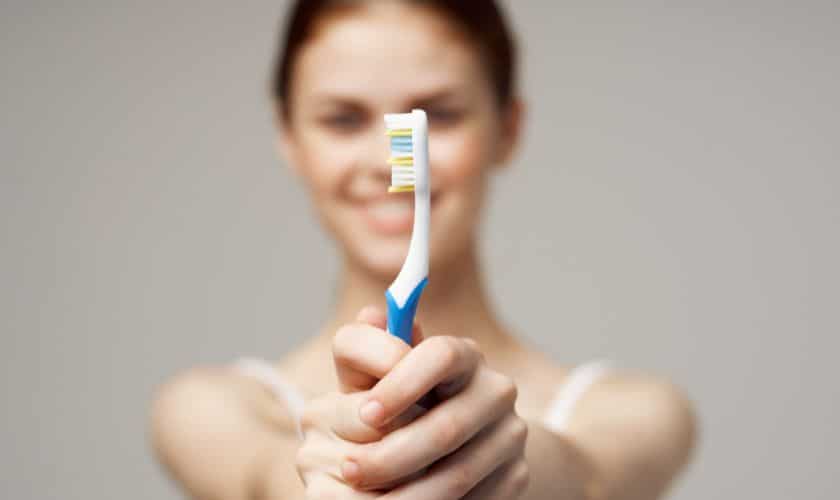How Poor Oral Hygiene Can Increase Your Risk of Oral Cancer

We all know the importance of brushing and regularly. It fights cavities, keeps your breath fresh, and promotes overall oral health. But did you know that good oral hygiene can also play a vital role in preventing oral cancer?
Oral cancer is a serious health concern, affecting the tissues of your mouth and throat. While early detection and treatment significantly improve the prognosis, preventing it in the first place is ideal. Here’s how neglecting your oral hygiene can contribute to an increased risk of oral cancer.
The Battlefield in Your Mouth: Bacteria and Inflammation
Your mouth is a teeming ecosystem of bacteria, both good and bad. When you don’t brush and floss regularly, plaque, a sticky film containing these bacteria, builds up on your teeth. Over time, this plaque can harden into calculus, also known as tartar. Left unchecked, this build-up creates an environment ripe for inflammation and infection.
The Chain Reaction: From Gum Disease to Oral Cancer
Chronic gum inflammation, a consequence of poor oral hygiene, is known as periodontal disease. While gum disease is a major concern in itself, it might also play a role in the development of oral cancer. Studies suggest that long-term inflammation can damage healthy cells, potentially increasing the risk of these cells becoming cancerous.
The Culprit Within: The Harmful Effects of Bacteria
Some types of bacteria within plaque produce harmful byproducts, including carcinogens. These carcinogens, like acetaldehyde, can damage the DNA of healthy cells, potentially increasing the risk of mutations that lead to cancer.
Beyond Bacteria: Other Considerations
While poor oral hygiene can create an environment conducive to oral cancer, it’s important to understand that it’s not the sole cause. Tobacco use, heavy alcohol consumption, and human papillomavirus (HPV) infection are significant risk factors as well.
Taking Charge of Your Oral Health
Here’s how you can prioritize good oral hygiene and minimize your risk of oral cancer:
- Brush twice a day for two minutes each time, using a fluoride toothpaste.
- Floss daily to remove plaque and debris between teeth.
- Schedule regular dental checkups and cleanings. During these visits, your dentist will not only clean your teeth but also perform an oral cancer screening.
- Maintain a healthy diet rich in fruits, vegetables, and whole grains.
- Limit alcohol consumption.
- Quit tobacco use. If you’re struggling to quit, talk to your doctor or dentist about smoking cessation programs.

An Orthodontist Can Help Too!
Straightening your teeth can be beneficial for your oral health overall. Misaligned teeth can make it harder to clean your teeth effectively, increasing your risk of plaque buildup and gum disease. An orthodontist can assess your needs and discuss orthodontic treatment options like braces or Invisalign to create a straighter, healthier smile that’s easier to clean.
Early Detection is Key
Remember, oral cancer is treatable when detected early. Be aware of the signs and symptoms, such as persistent sores, white or red patches, or difficulty swallowing. If you notice anything unusual, schedule an appointment with your dentist immediately.
Taking good care of your oral health is an investment in your overall well-being. By incorporating these simple practices into your daily routine, you can significantly reduce your risk of oral cancer and maintain a healthy smile for life.



